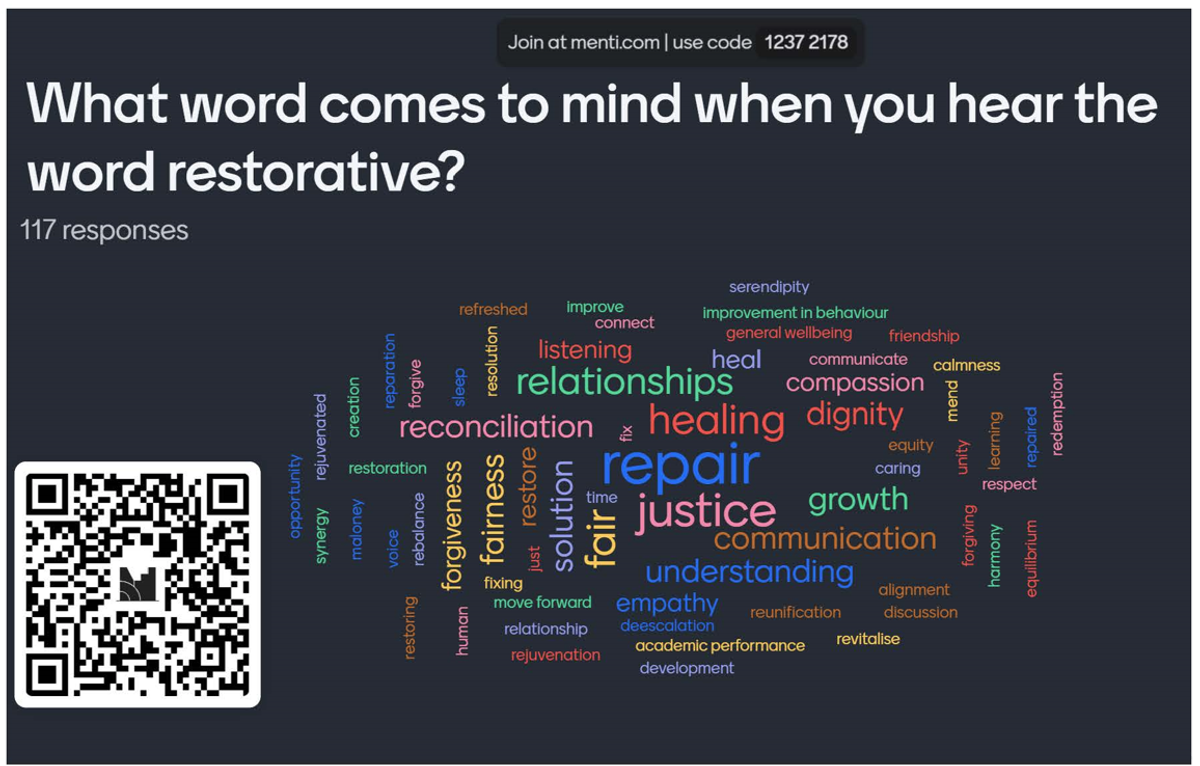From the Deputy Principal

Restorative Practices: A pro-social approach
'Resolving Conflict & Building Relationships'
At the beginning of this term, I shared with you the St Pius X Teaching and Learning Framework, highlighting our key implementation steps and our collaboration with Bronwyn MacLeod. To further support the success of our framework, we recognise that effective teaching and learning are built on strong relationships. For quality learning to thrive, it's crucial to maintain high expectations while fostering respectful connections.
With this in mind, we prioritise a proactive approach to conflict resolution and relationship-building within our school community. The principles of restorative practices support this approach by cultivating environments that emphasise safety, choice, collaboration, trustworthiness, empowerment, and predictability. Our goal is to adopt behavioural practices that promote well-being, resilience, and positive learning and social-emotional outcomes.
To commence our journey in Restorative Practice, we had the privilege of engaging in professional learning with Maurizio Vespi, a leader in this field, who provided training for our Pastoral Care Leaders along with Mrs Sam Iwatani, Ms Joe McCarthy, Ms Raelene Boyle, Mrs Jill Greenwood, Mr Martin Gillogly, and myself. To further extend this knowledge, Mr Ben Ryan, our Year 7 Pastoral Leader, facilitated an interactive session during our Week 3 staff meeting.
Here are our top 10 reasons for engaging with a Restorative approach:
- Provides a clear framework that guides both our actions and language.
- Authoritative in setting boundaries, ensuring clarity and consistency.
- Emphasises natural and logical consequences, rather than the absence of consequences.
- Focuses on building quality learning relationships.
- Applies high accountability and support to both victims and offenders.
- Highlights the impact of misbehaviour on others.
- Teaches and guides individuals to make “right” choices.
- Encourages reparation through learning.
- Shifts away from retribution, using learning as the primary message.
- Promotes 'Power with' rather than 'Power over' dynamics.
I look forward to keeping you updated as we continue to implement our Teaching & Learning Framework and our restorative approach to Resolving Conflict & Building Relationships.
Ms Elizabeth Watson - Deputy Principal

